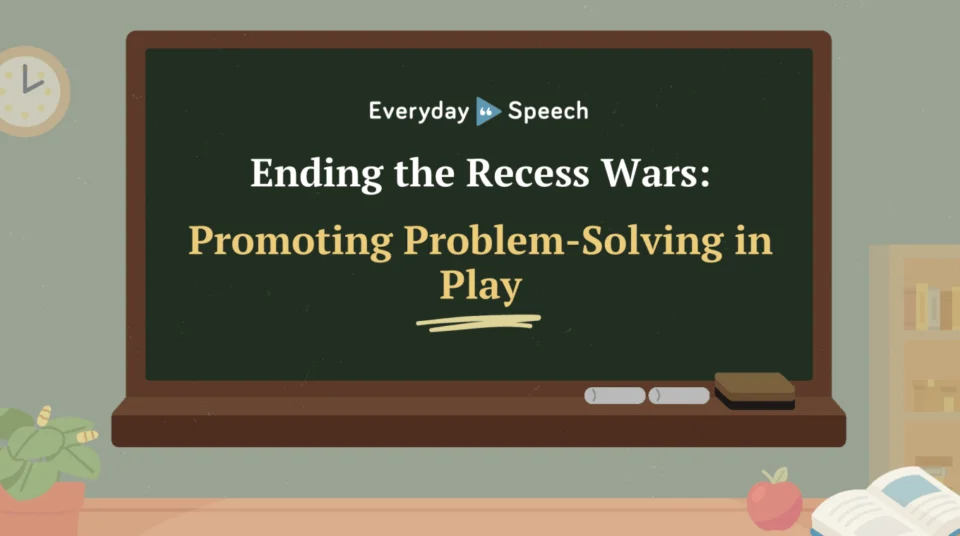What Should You Do With Kids Who Are Bored at Home?
Get free social skills materials
No-prep lessons on self-regulation, emotional recognition, conversation skills, and more.
Sign up hereFor many of us, 2020 included spending a significant amount of time quarantined at home. Without weekend plans with friends, travel, or even just the simple luxury of getting out of the house mask-less, we were forced to occupy our time in our homes, where that creeping feeling of boredom quickly set in. In fact, being bored at home became such a widespread shared experience that social media was filled with songs and memes about it.
If you’re a parent, the task of entertaining your children and occupying their ample free time probably felt like a full-time job in itself. Good news! We’re here to tell you that next time your child says, “I’m bored”, you can relax knowing that teaching your children and adolescents how to embrace boredom is not only important, but good for them!
What is boredom?
First, it’s important to really define what boredom is and isn’t at its core. Boredom is not synonymous for relaxation. According to psychologist Sandi Mann, boredom is “a search for neural stimulation that isn’t satisfied.” It’s our brains telling us that “hey, there’s not much going on in your environment right now- what’s up with that?”. When our minds stop receiving input from our environment, it starts to create its own ‘input’. Basically, when we embrace boredom, we allow our minds to wander or daydream (which is good for you!).
Research shows that individuals or children who are particularly prone to boredom “tend to have an impulsive mindset and are constantly looking for new experiences (Dancket, et al., 2018). This may be especially true during adolescence, when young adults are developing skills needed to deal with boredom in adulthood. This can lead to the development of bad technology habits like overuse of social media, which can actually make us more prone to feelings of boredom by training our brains to constantly need external input.
? Want to learn more about how social media impacts us, for better or for worse? Try this recent blog post: How Social Media Helps, Hurts, and Hooks Us
3 reasons to embrace boredom
1. Boredom encourages imagination and creativity
When children who are bored at home are given the opportunity to entertain themselves, they are essentially forced to rely on their own imagination and creativity to generate things to do.
2. Boredom develops problem-solving skills
By not always intervening when our children cry ‘boredom’, it allows them an opportunity to find their own solution, or a way to occupy their time themselves.
3. Boredom helps children form relationships
Allowing children to experience unstructured play time without the distraction of technology gives them the opportunity to develop important and crucial social skills.
So as we say goodbye to 2020 and enter 2021, don’t forget to embrace your own boredom and capitalize on the stillness that this unique time in our history has provided. By being good role models for our children, we can teach them that being bored isn’t the worst thing in the world. In fact, it is good for us!
My 10 year old daughter loves the Everyday Speech programs. Her speech therapist always has new insightful activities related to social communication and stories that relate to everyday life. Online learning is so helpful with Everyday Speech especially now during this current pandemic. Thank you for promoting such positive & noteworthy social learning skills.
– Lisa, an Everyday Speech parent

